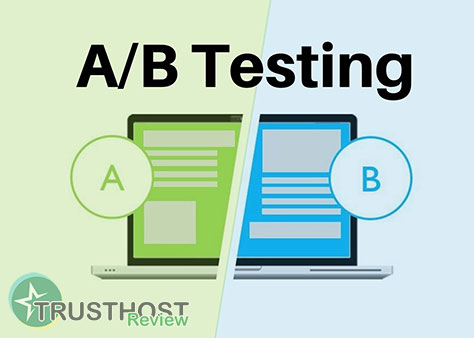What is Pay-Per-Click (PPC) Advertising
What is Pay-Per-Click (PPC) Advertising?
Pay-Per-Click (PPC) is a digital advertising model where advertisers pay a fee each time a user clicks on one of their ads. Essentially, it's a way to buy visits to your website rather than earning them organically through search engine optimization (SEO).
How PPC Works:
- Keyword Targeting: Advertisers choose keywords related to their business and target users searching for those terms.
- Ad Auction: When a user searches for a targeted keyword, an auction takes place. Advertisers bid on the keywords, and the highest bidder's ad is typically shown in the most prominent position.
- Quality Score: Search engines like Google consider factors beyond bidding price, such as ad relevance and landing page experience, to determine an ad's Quality Score. Higher Quality Scores can lead to lower costs and better ad positions.
- Cost-Per-Click (CPC): Advertisers only pay when a user actually clicks on their ad, hence the name "Pay-Per-Click." The cost per click varies depending on factors like competition, industry, and ad quality.
Benefits of PPC Advertising:
- Targeted Reach: Reach your ideal audience directly by targeting specific demographics, interests, and keywords.
- Measurable Results: Track your campaign's performance in real-time with detailed metrics like clicks, impressions, conversions, and return on ad spend (ROAS).
- Immediate Visibility: Get your website in front of potential customers instantly, unlike SEO, which can take time to show results.
- Budget Control: Set daily or monthly budgets and easily adjust your spending based on campaign performance.
- Brand Awareness: Even if users don't click, displaying your ads can increase brand visibility and recognition.
Popular PPC Platforms:
- Google Ads (formerly Google AdWords)
- Microsoft Advertising (formerly Bing Ads)
- Social Media Advertising (Facebook Ads, Instagram Ads, LinkedIn Ads, etc.)
Getting Started with PPC:
- Define Your Goals: Determine what you want to achieve with PPC, such as increased website traffic, lead generation, or online sales.
- Conduct Keyword Research: Identify relevant keywords that your target audience is searching for.
- Set a Budget: Allocate a realistic budget for your PPC campaigns.
- Create Compelling Ads: Write concise and engaging ad copy that encourages clicks.
- Optimize Your Landing Pages: Ensure your landing pages are relevant to your ads and optimized for conversions.
By understanding the basics of PPC advertising, businesses can leverage this powerful marketing channel to reach their target audience, drive traffic to their website, and achieve their marketing goals.
















